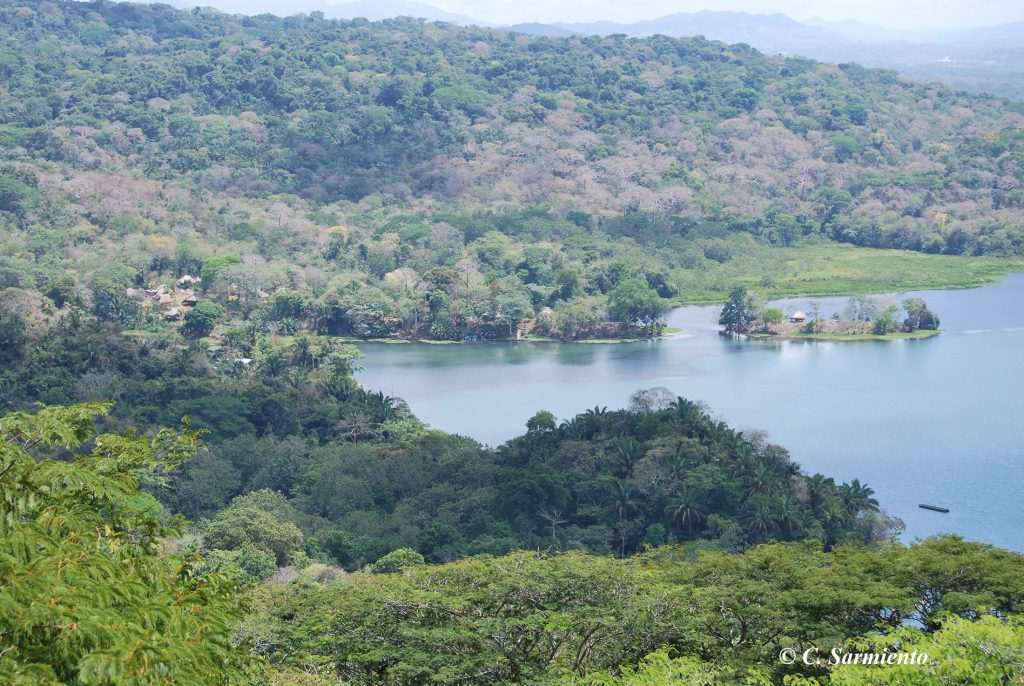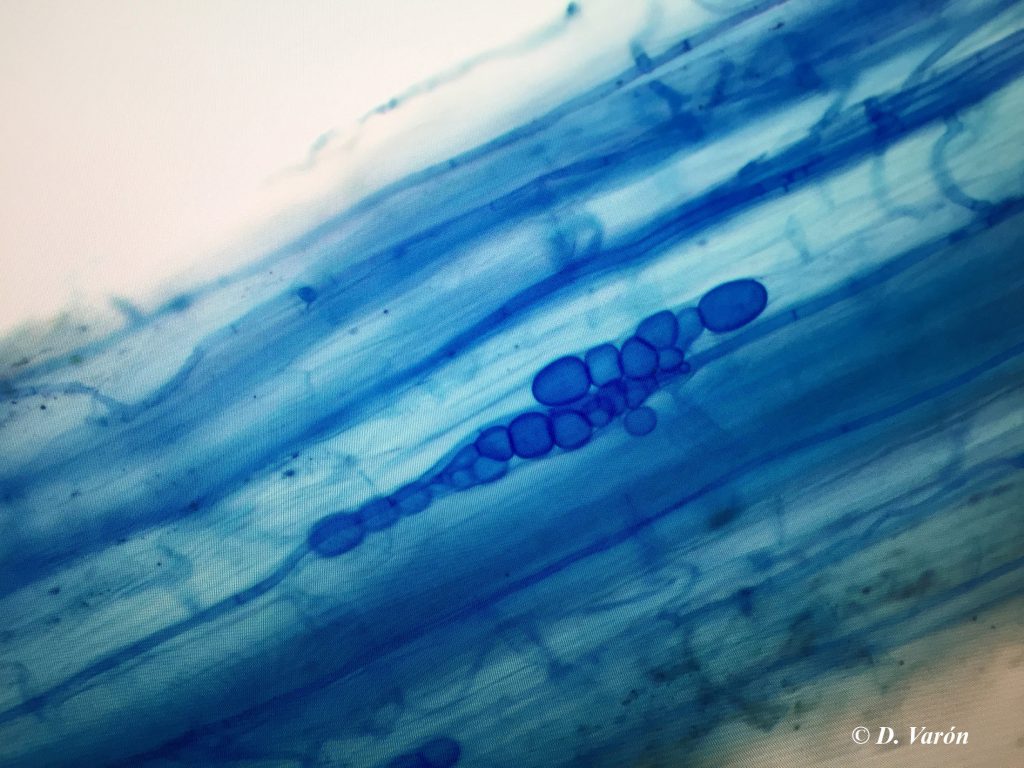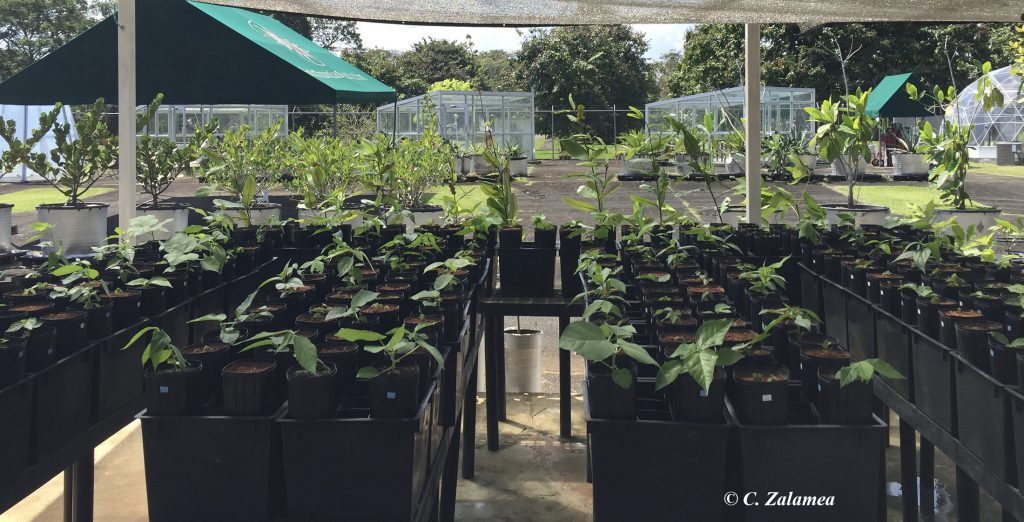We are intended to provide our research program with a toolbox to take novel approaches to fundamental questions in ecology. Plant communities are shaped by climate, soil conditions and plant-microbial interactions, but how plant species partition specific soil resources, and the mechanisms by which they tolerate toxic or deficient concentrations of specific nutrients in the soil, are largely unknown.
Most tropical lowland forests are phosphorus-limited. Phosphorus (P) limitation has strong physiological and ecological effects on vegetation. In Amazonia, wood production is correlated positively with soil fertility, notably total soil P, and in Panamanian forests the majority of tree species grow faster where soil P concentrations are greater. Soil P has also been shown to be important in explaining tree species distributions in lowland forests in Panama, across the neotropics, and the old world. However, the degree to which species partition individual resources, and the impact of plant-microbial interactions on niche partitioning, are largely unknown. As carbon dynamics and soil chemistry are intimately tied to microbial processes, this area is rich in future research directions. We are using experiments to understand how plant species partition soil resource axes, and the importance of physiological and morphological plasticity in determining their tolerance to resource deficit or toxicity. We anticipate integrating field-, greenhouse-, and laboratory studies that link soil chemistry, plant-mycorrhizal associations, plant ecology, and plant physiology.



